Training hub
Discover our online training resources to start building your skills and knowledge in the water sector.
Browse by topic
Jacobs
AI
Surface water hydraulics
Surface water hydrology
Groundwater
Modelling general knowledge
Python
HEC-RAS
MODFLOW
QGIS
TUFLOW
HEC-HMS
R
RORB
Water quality
ARR
Technology & Innovation
Climate Adaptation
Water Policy & Governance
Water Reuse & Recycle
Water Infrastructure
Energy
Mining
Water Markets
One Basin
Water Research
SWAN
Irrigation & Agriculture
Water Planning
Ecosystem & Catchment Management
FLOW-3D
FLIKE
All Training
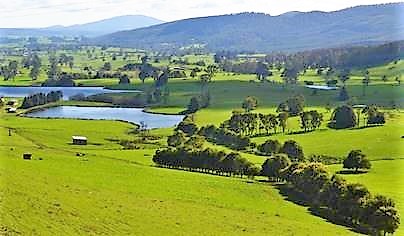

Dam Breach Modelling
A vigorous discussion with a group of highly regarded dam breach modellers
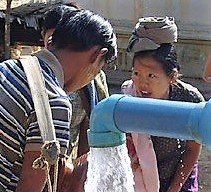
Groundwater Exploration and Management in Myanmar & South East Asia
Management of groundwater resources in logistically difficult countries
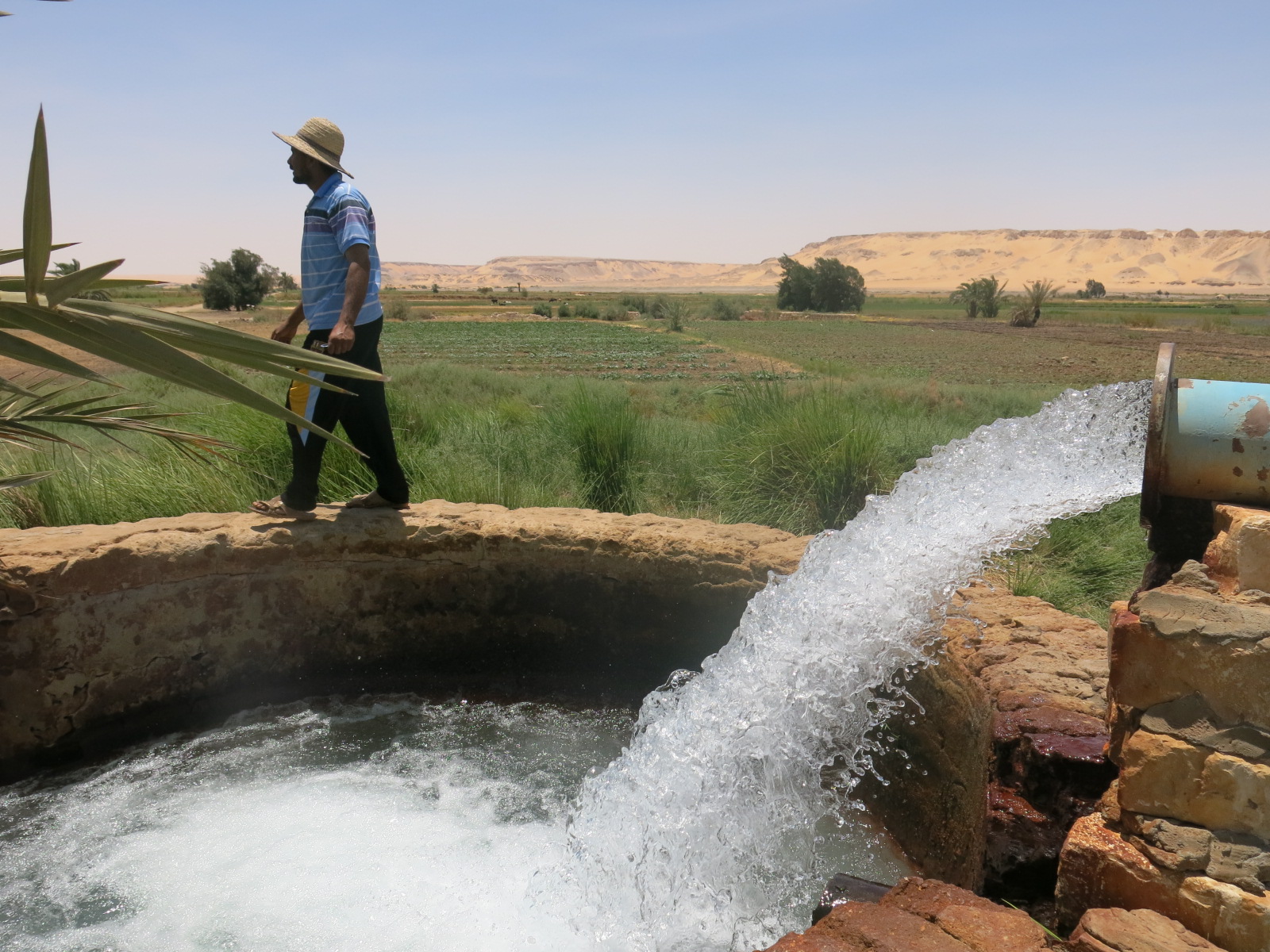
Groundwater Governance, Policy and Regulation in the Arab World
Policy for over-abstraction of groundwater
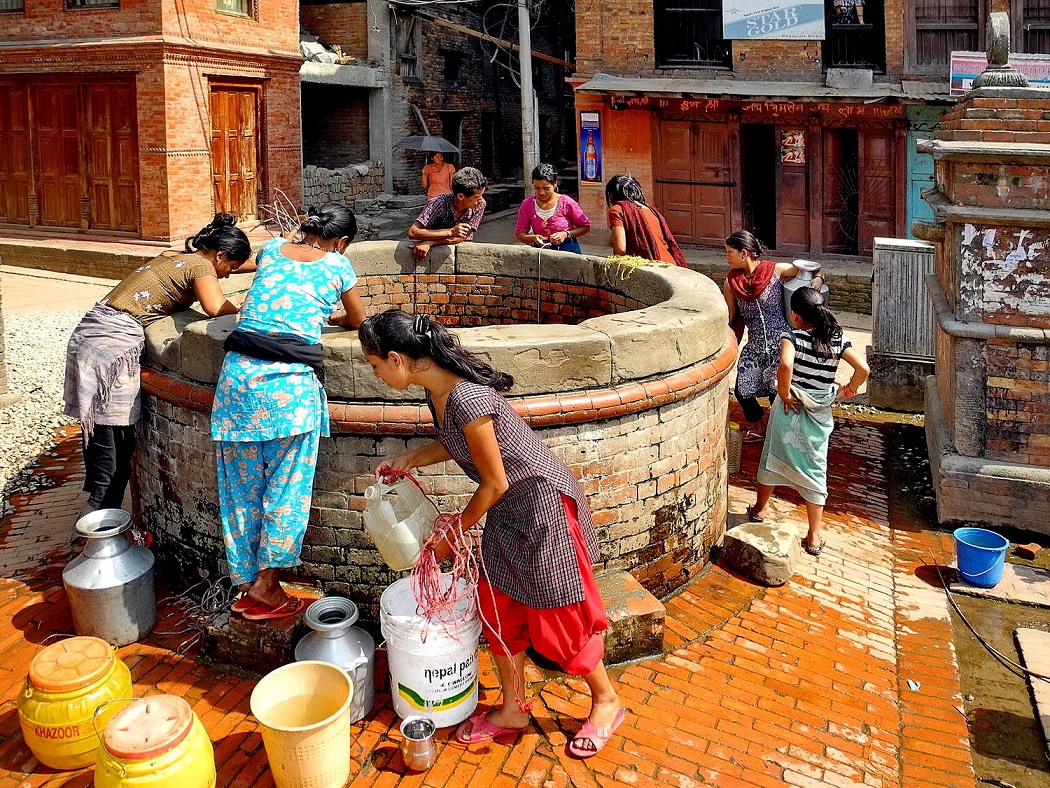
Mainstreaming and Modelling
How gender analysis can be applied to a water management modelling framework.

Gender Equality and Water Management
What does inclusive Water Resources Management look like?
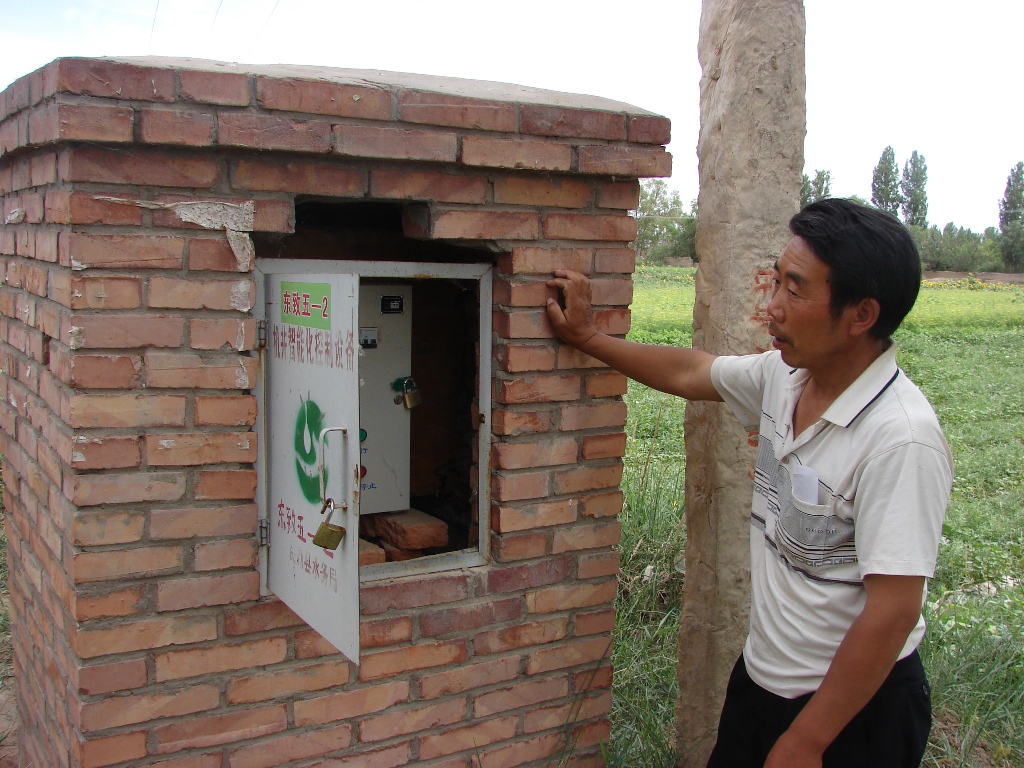
Controlling Groundwater through Smart Card Machines
The Case of Water Quotas and Pricing Mechanisms in Gansu Province, China.
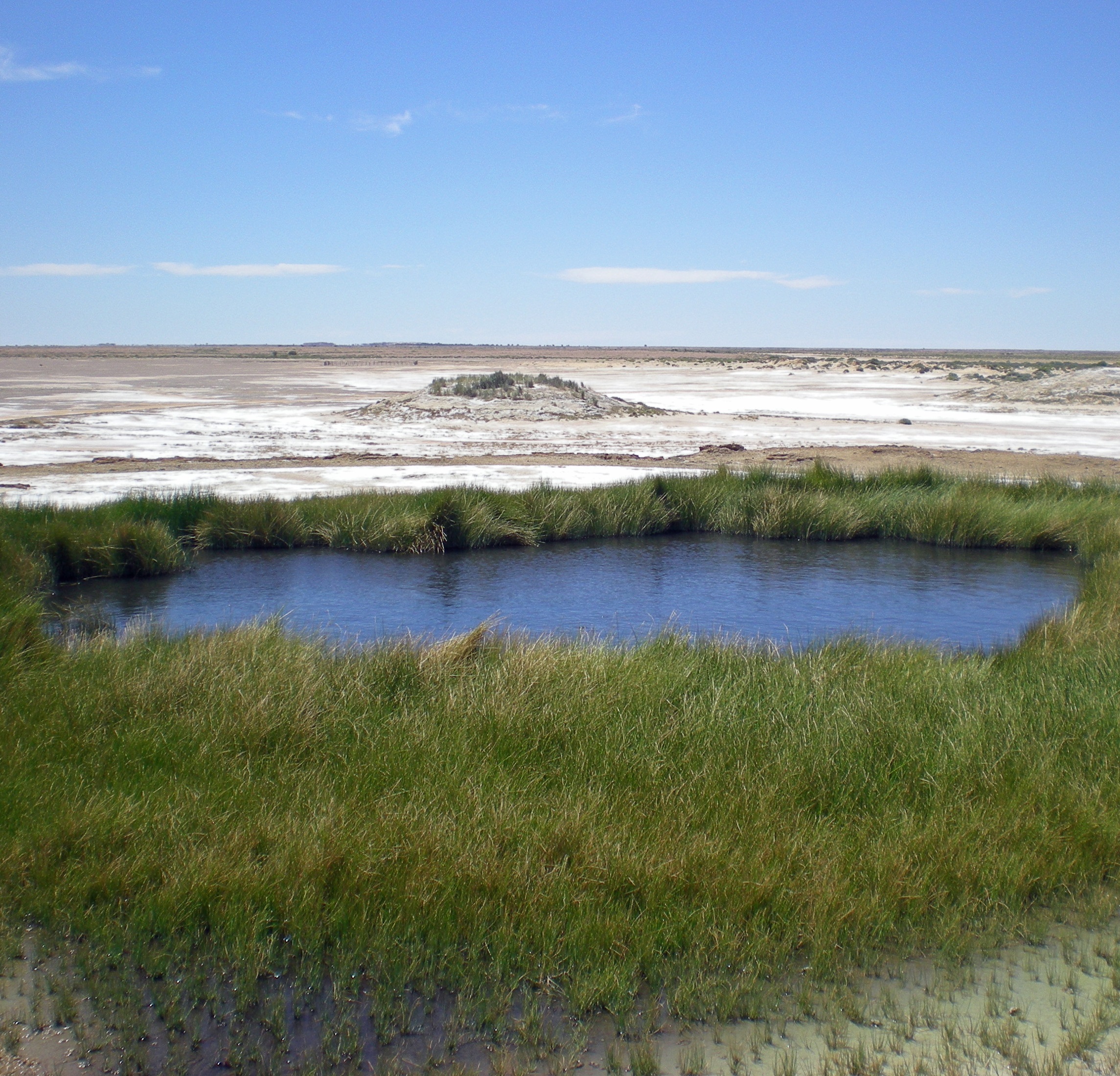
Atlas of Groundwater Dependent Ecosystems
Consider Groundwater Dependent Ecosystems (GDEs) in your ground water management decision making.
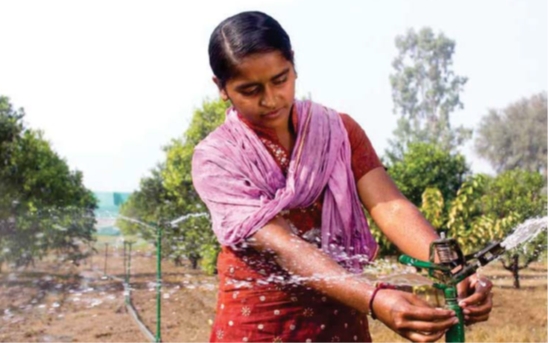
Groundwater Solutions Initiative for Policy and Practice (GRIPP)
Introduces the role and work of GRIPP in promoting sustainable groundwater development
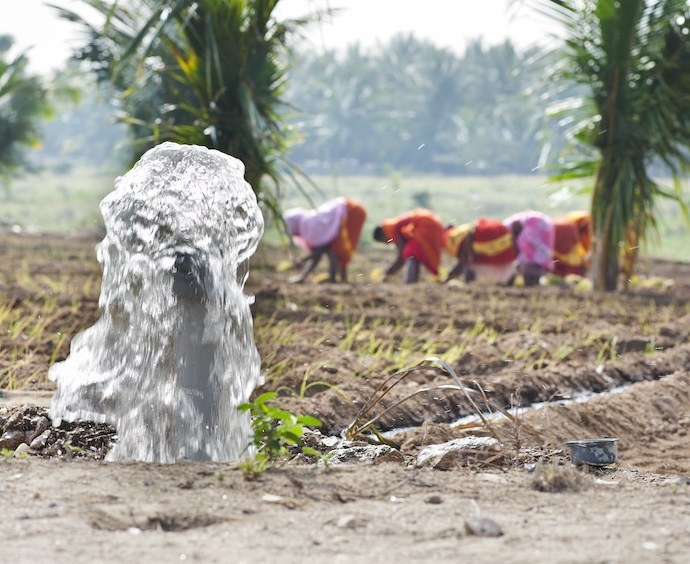
Groundwater for Sustainable Development: Where are we?
Looking at the global situation of groundwater as a resource, its use, development, management and emerging challenges.

Emerging Water Contaminants – Untangling the Science Debate
Should Australia catch up as a global paradigm shift in ecotoxicology moves towards a multi-tiered testing framework?
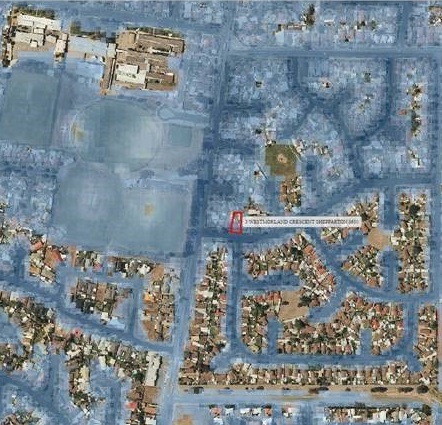
Using Cloud-Based Flood Risk Information
A cost effective, accessible approach linking to official data sources in real time.
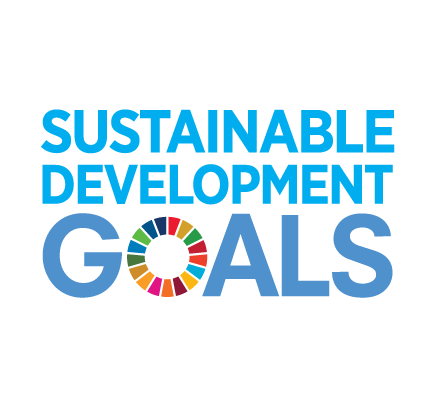
Why Water Professionals should Care about the Sustainable Development Goals
Explaining the Sustainable Development Goals relevant to water and why it's time for the whole sector to get involved.

The Australian Groundwater Explorer
Access a wide range of Australian groundwater data without specialised software
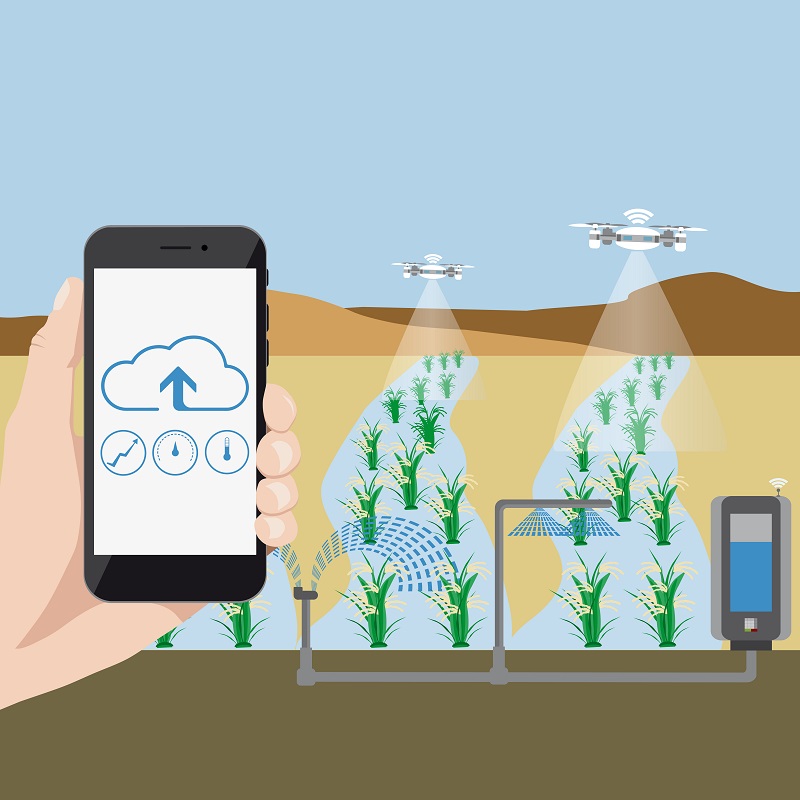
Securing Australia’s Agricultural Future
Are irrigators keeping up?

Rain-on-Grid Modelling with HEC-RAS
Software improvements, access to meteorological data and new improvements under development.
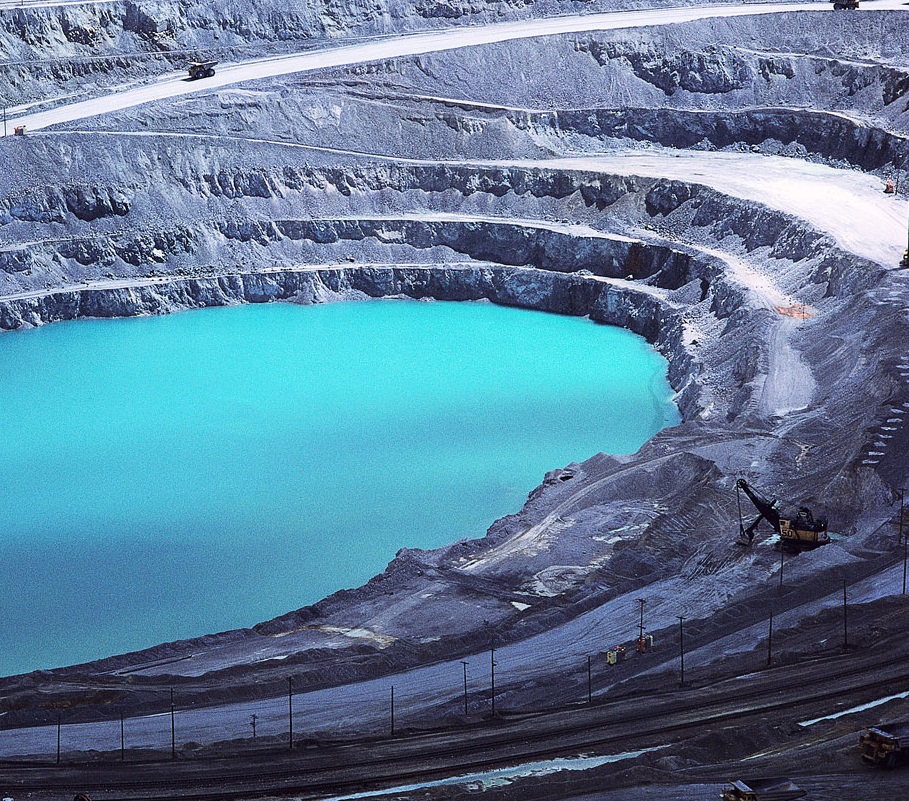
MAR for Mining
How is Managed Aquifer Recharge (MAR) assisting with water management in mining operations?

Uncertainty Analysis in Groundwater Modelling Projects
Setting up a groundwater modelling project for successful uncertainty analysis
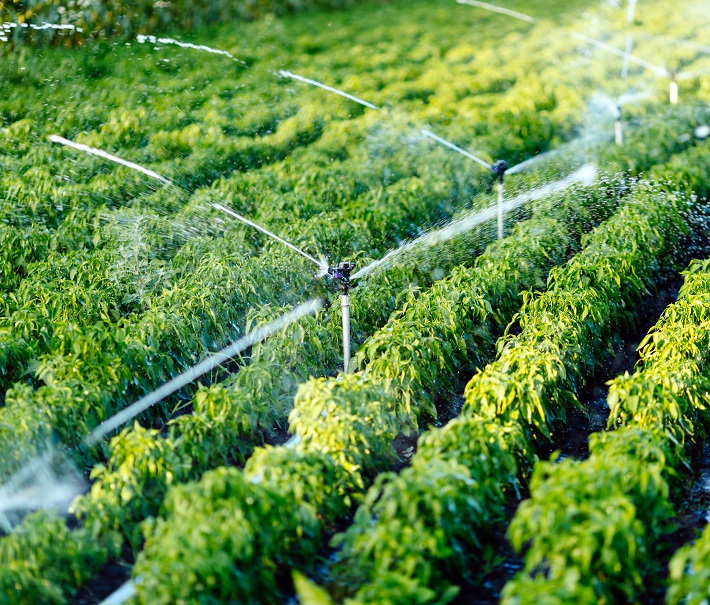
Community Wastewater Reuse with HRAP 3
Low cost High Rate Algal Pond technology

Science Protecting Water in Hydraulic Fracturing
Best practice water management for unconventional gas extraction

Zero-energy: What’s the hold up?
Water businesses are uniquely positioned to benefit from renewable energy generation.
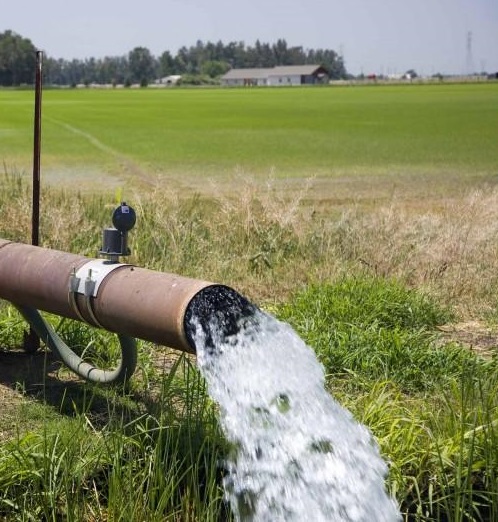
Accessing Nationally-Consistent Groundwater Information
The Australian Bureau of Meteorology's suite of groundwater information is freely available
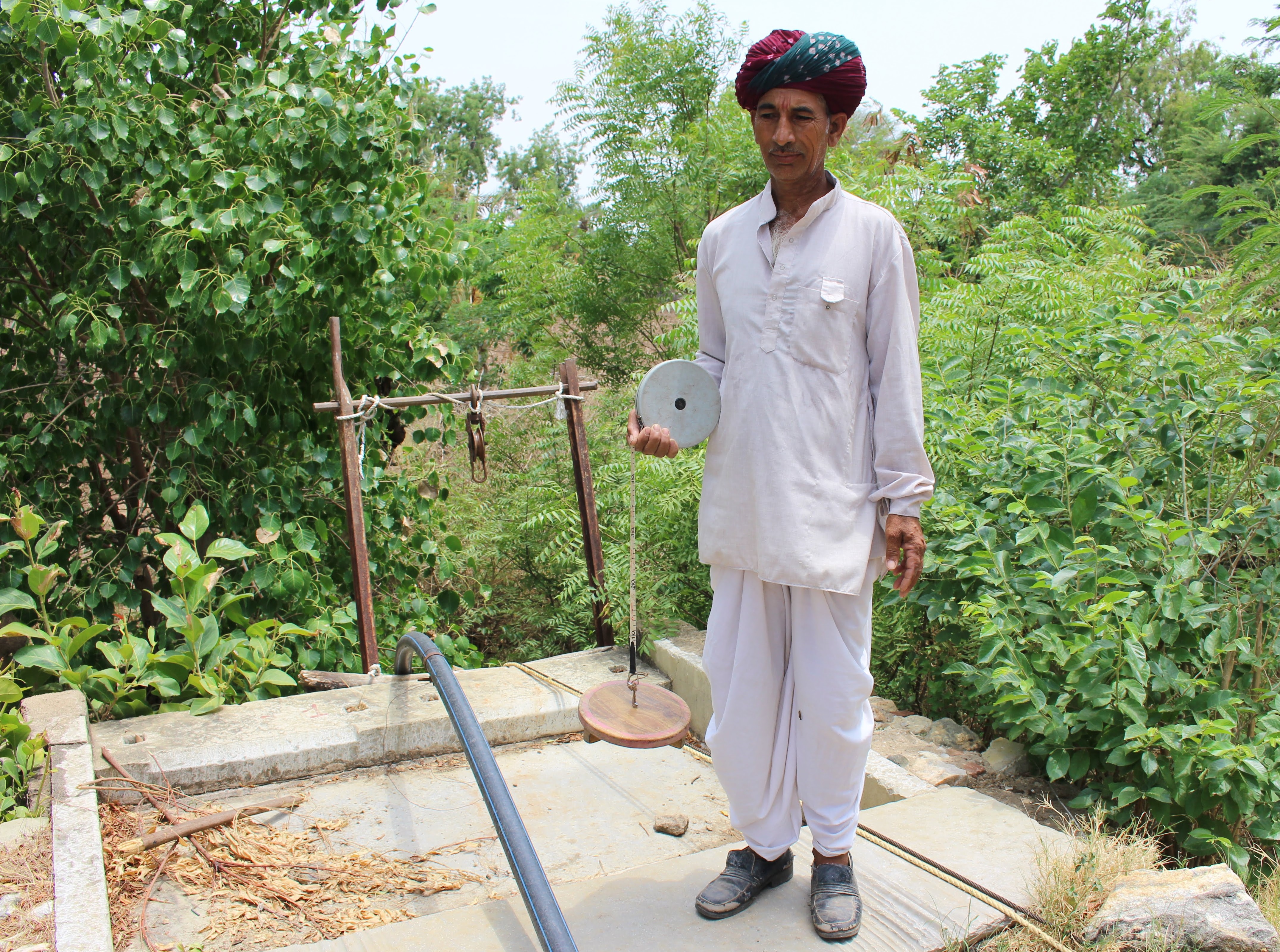
Sustaining India’s hidden water resource
Monitoring and managing groundwater through people participation
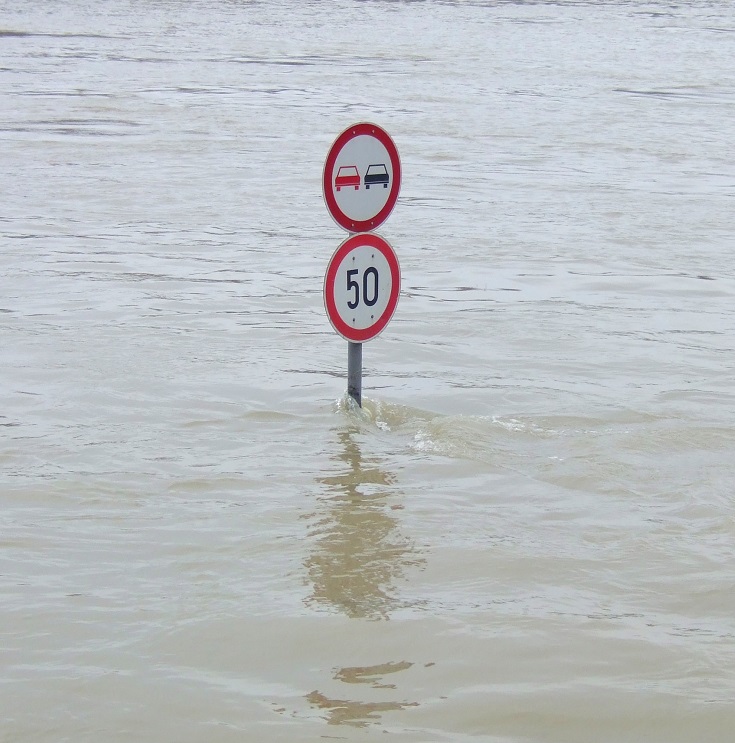
Powerful feature of HEC-RAS exposed
Unlock a multitude of custom applications for controlling and automating HEC-RAS

Maximising net benefits of Australian urban water research
Now is the time to review our approach to investment in national urban water research and development.
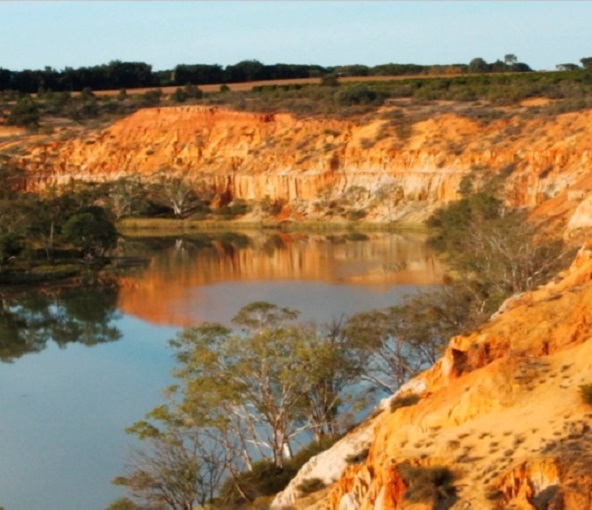
Good Water Governance to Enhance Future Security
The fundamentals of water governance and compliance
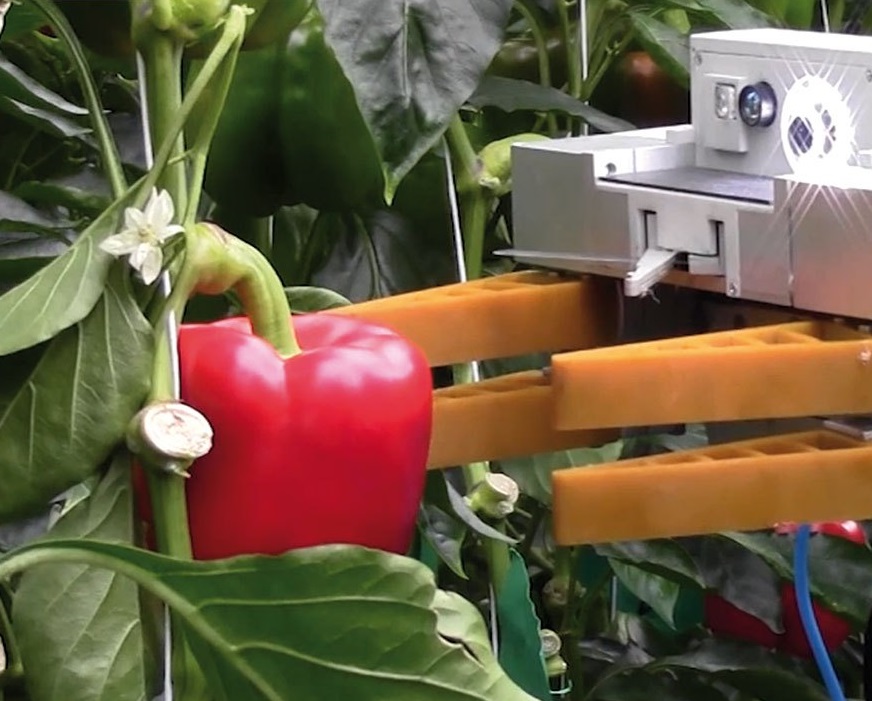
Enabling globally competitive and sustainable food production.
NAIS is an export-focussed, vertically integrated, intensive horticulture industry, being developed to provide jobs and economic growth for South Australia.

Future of the Water Industry
Transforming utilities
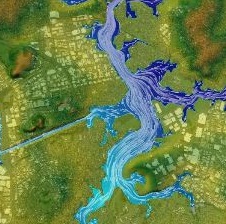
What’s New in HEC-RAS 5.0.4?
Discover the latest updates to be released in HEC-RAS 5.0.4 that will benefit your work.
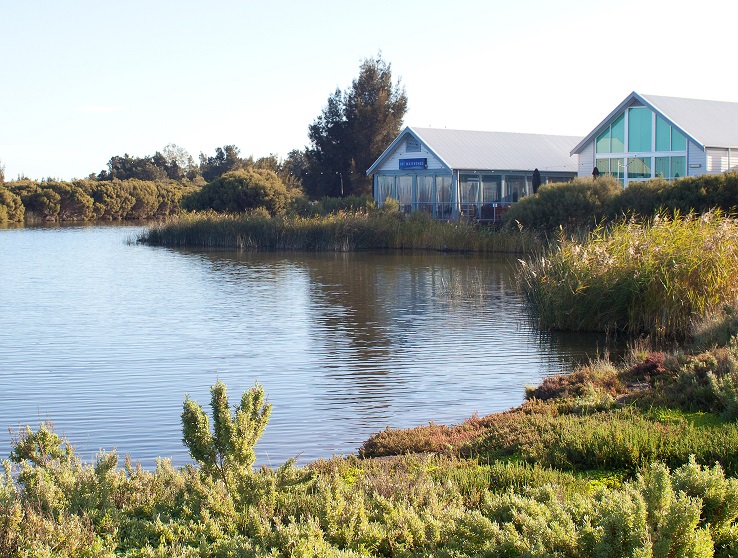
Water for Liveable and Resilient Cities
Building water sensitive cities to improve liveability and cope with climate change and population growth.
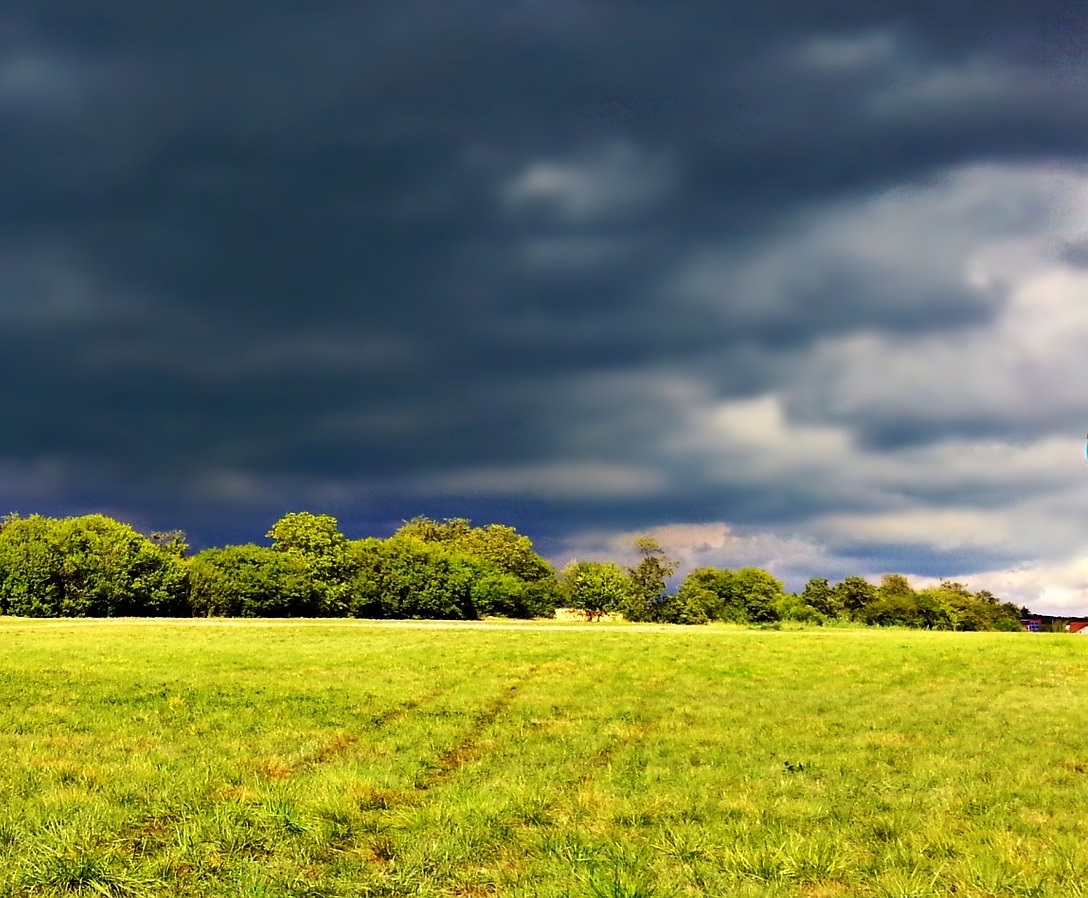
Transforming water data into information and knowledge
A case study using HydroNET to access and visualise water management data.

